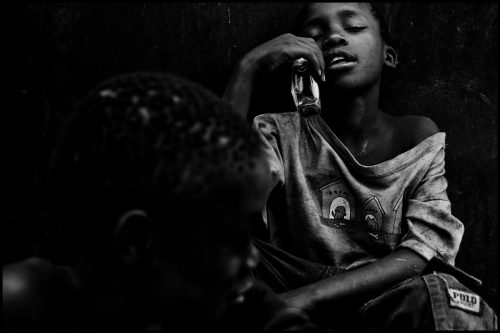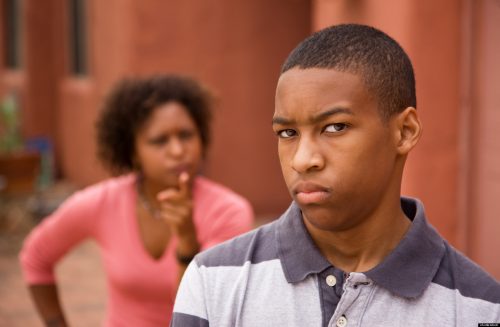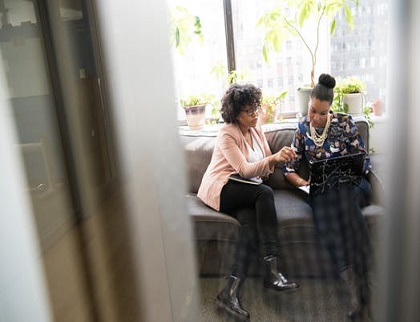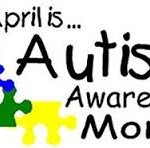Today is world drug day and a good time to focus on how to keep your children safe and talk about drug abuse.
When you are a parent, there are many things to worry about. Keeping your kids safe is at the top of the list. First, you worry about the pacifier your infant dropped on the floor—so you pick it up and wash it with soap and water. Next, your toddler isn’t eating enough vegetables, so you do your best to hide some veggies in his meat loaf. Then, you bite your nails as your second grader scales the tallest tree in the yard. You want to run and catch him when he starts to slip, but you see that he’s beaming with excitement, so you stay watchful and quiet—careful not to spoil his fun.

As the kids grow older, the dangers they are faced with become more intense. One danger heavy on the minds of parents these days is drug abuse. And for good reason. With the popularity of “designer” drugs on the rise, and all the peer pressure kids are faced with, the worries parents encounter are mounting.
[Why do teens engage in drug abuse?]
The Usual and Unusual Suspects When it comes to Drug Abuse
Sure, it’s the usual suspects; experimenting with marijuana and alcohol that begin a pattern of self-destruction, but be aware, there are new drugs on the block, and they can be found in your medicine chest. According the Partnership for a Drug-Free America, the menu of drugs kids and teens are using is changing. They report 1 in 5 teens has tried Vicodin (a narcotic pain reliever) to get high, and 1 in 11 has admitted to getting high on cough medicine.
They also report a number of teens now “party” with other prescription and over-the-counter drugs. Along with the other illicit drugs out there that pose a dangerous risk to our kids, it’s difficult not to be alarmed. The Partnership for a Drug-Free America (www.drugfree.org) is arming parents with need-to-know information about the risks of dangerous substances. [Read: Will this help? Nigeria bans cough syrup with Codeine]

Expert Advice on talking to your children about drug abuse
So how do you get a child to listen? What do you say? When should you say it? I asked Dr. Susan Bartell, psychologist and author in Port Washington specializing in tween and teens, to shed some light on this important issue.
Q: What age do you recommend bringing up the issue?
A: You can start talking to kids about drugs beginning at six or seven–by talking about smoking cigarettes because that is something they see in their world and can understand that it is “bad”.
As they get older (about ten) they can begin to understand the issue of other drugs. Middle school kids are ready for direct conversations, naming drugs (marijuana in particular) and explaining that they are illegal and dangerous.
Q: Can you give me some tips about how to make the “talk” go smooth?
A: With middle schoolers, look for a “teachable moment”…a TV anti-drug ad, a TV show when kids are drinking, smoking, using drugs and ask them what they think about it; then give your feelings in a low-keyed way, explaining that it is something you feel strongly about.
As kids get older–young high schoolers, the conversations need to begin to revolve around their social life: what would they do at a party if there was alcohol/drugs there. Help them come up with ways of handling it that aren’t judgmental or critical.
Q: What’s the biggest mistake parents make dealing with drug issues and their children?
A: They are too preachy, too critical of kids and don’t give enough problem solving strategies. They also don’t listen for their kids’ concerns about how to handle peer pressure, or curiosity about drugs.

[Parenting: 7 things your child wants you to know]
Q: How can parents be proactive about deterring their children from taking drugs?
A: First, being clear that you disapprove, next, making sure that you drive your child to and from parties or get-togethers–they’ll be much less likely to use if they know you’re picking them up. Don’t let them get rides from other kids.
Q: Is there anything else parents need to know?
A: Conversations about drugs must include alcohol–which is also a drug and is actually usually the “Gateway” drug to others. Parents often feel that alcohol is okay, when in reality their kids can become alcoholics without them realizing it.
In addition, parents need to look for signs of chronic drug and alcohol use like: grades dropping, social isolation, secretive phone conversations, new friends that they don’t let you meet; dropping old friends; sleeping a lot, changes in personality; sudden depression; sudden mood swings.
When it comes to raising kids today, it really does take a village. Keeping your child out of harm’s way is no easy task, but experts agree that staying involved in you’re your child’s life– is a great start. When they’re young and scaling that tall tree, you stand back and let them giggle their way down, but when it comes to drugs, parents cant afford to be silent. There’s too much at stake.



